AAN joined more than 60 media organizations and companies on an amicus brief filed with the United States Court of Appeals for the Second Circuit arguing for a strong, First Amendment-based right to record the activities of law enforcement officials.
The case began when Doug Higginbotham, a photojournalist, was shooting video of a 2011 Occupy demonstration at Zuccotti Park from atop a phone booth when he was arrested and charged with disorderly conduct. Those charges were then dismissed by the DA.
Higginbotham brought a civil rights action against the arresting officers. The defendant officers’ filed to dismiss Higginbotham’s complaint on the basis of a qualified immunity inherent in their positions. The federal district court judge rejected their motion to dismiss, holding that there exists a First Amendment “right to record police activity in public, at least in the case of a journalist who is otherwise unconnected to the events recorded” and that this constitutional right was “‘clearly established’ at the time of the events alleged in the complaint.”
However, the judge later granted a summary judgment motion in favor of the officers, holding that the arresting officers had arguable probable cause to arrest Higginbotham for endangering himself and others by recording from atop a 7-foot phone booth with heavy video equipment, and that “no reasonable jury could conclude that the reason that police officers arrested Higginbotham was to suppress his First Amendment rights” since dozens of other camerapersons were recording the police interaction with Zuccotti Park demonstrators without being arrested or harassed by the police. Higginbotham appealed the summary judgment dismissal to the Second Circuit.
The brief, which officially has 63 signatories, argues:
- This case offers a long overdue opportunity for the United States Court of Appeals for the Second Circuit to “provide guidance to the police, public and press regarding whether there is a clearly defined First Amendment right to record police activity in public places.” This is important for several reasons but, in the context of this case and the issues of qualified immunity this case presents, it is necessary to ensure that police do not violate the public’s First Amendment rights in the future – not a small concern given the frequency with which people are arrested for filming actions of law enforcement in public.
- If the court agrees to address this issue, it should issue a ruling that clearly establishes a First Amendment right to record the police in public and declare that right to be “clearly established.” Virtually all federal appeals courts have addressed this issue and clearly established such a right (the brief has some wonderful footnotes citing those cases and quoting from them).
We felt it was important to join this particular effort because there currently exists no case law from the United States Court of Appeals for the Second Circuit (which includes Connecticut, New York, and Vermont) recognizing a First Amendment-based right to record the police. This would set a valuable precedent and, given the facts, seems more likely to do so than set us back.








